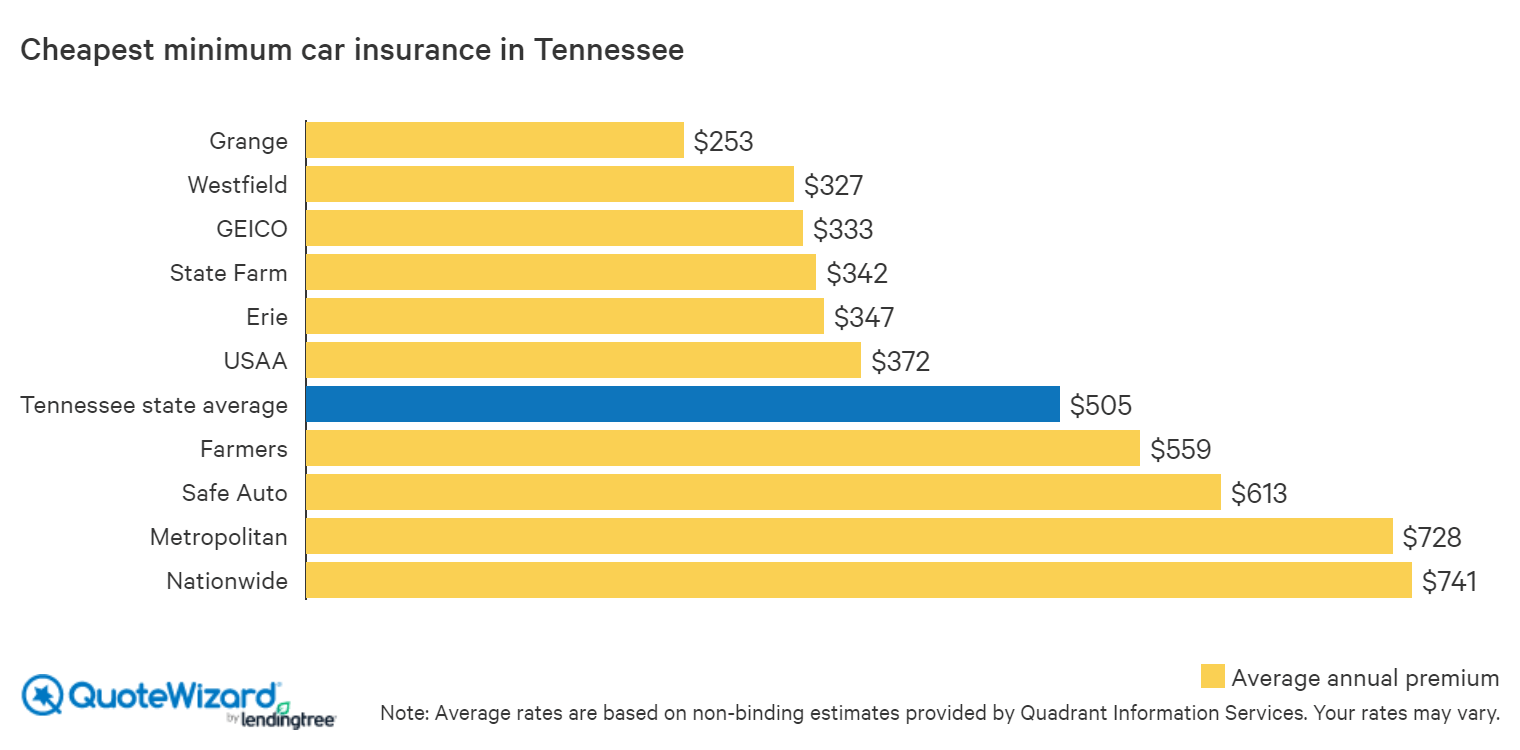Automobile insurance is a policy bought by automobile owners to alleviate costs associated with entering into an automobile accident. Rather of paying out-of-pocket for automobile accidents, people pay yearly premiums to a vehicle insurance business; the business then pays all or most of the costs related to an auto mishap or other vehicle damage.
While not all states require cars and truck insurance coverage, a lot of do mandate a minimum amount of auto insurance. That minimum varies by state, however lots of people purchase extra insurance coverage to safeguard themselves even more. In addition, if you're funding a cars and truck, the loan provider may specify that you bring certain kinds of vehicle insurance coverage. A poor driving record or the desire for total coverage will lead to greater premiums.

In exchange for paying a premium, the insurer consents to pay your losses as outlined in your policy. Protections consist of: damage to or theft of your car legal responsibility to others for physical injury or residential or commercial property damage expenses of dealing with injuries, rehabilitation, and often, lost earnings and funeral costs Policies are priced individually to let you customize coverage total up to match your specific requirements and spending plan.
An insurer will inform a client when it's time to renew the policy and pay another premium. No matter whether they mandate having a minimum quantity of automobile insurance, nearly every state needs car owners to bring physical injury liability, which covers costs connected with injuries or death that you or another chauffeur causes while driving your car.
A number of states go a step further, mandating cars and truck owners bring medical payments or accident defense (PIP), which repays medical costs for injuries sustained by you or your guests. It will also cover lost earnings and other associated costs. Uninsured motorist coverage compensates you when a mishap is brought on by a driver who does not have vehicle insurance coverage.
Your policy likewise supplies coverage to somebody who is not on your policy and is driving your automobile with your authorization. Individual car insurance just covers personal driving. It will not provide protection if you use your cars and truck for commercial purposessuch as making shipments. Neither will it supply coverage if you use your vehicle to work for ride-sharing services such as Uber or Lyft.
While other types of insurance such as health and homeowner's may appear more vital, if you own a car, no matter whether your state requires car insurance, alexiswpsf010.bearsfanteamshop.com/auto-insurance-basics-iii having an insurance policy can conserve you a lot of cash and aggravation in the long run.
Car insurance coverage is a contract in between you and the insurance coverage business that safeguards you versus monetary loss in the event of a mishap or theft. In exchange for your paying a premium, the insurance provider consents to pay your losses as outlined in your policy. Automobile insurance supplies coverage for: such as damage to or theft of your automobile your legal obligation to others for physical injury or home damage the expense of treating injuries, rehabilitation and sometimes lost wages and funeral service expenditures Standard individual auto insurance is mandated by a lot of U.S.
Automobile insurance coverages are priced individually (a la carte) to let you tailor coverage amounts to fit your specific requirements and budget plan. Policies are typically released Article source for six-month or one-year timeframes and are eco-friendly. The insurance provider sends a notice when it's time to restore the policy and pay your premium.